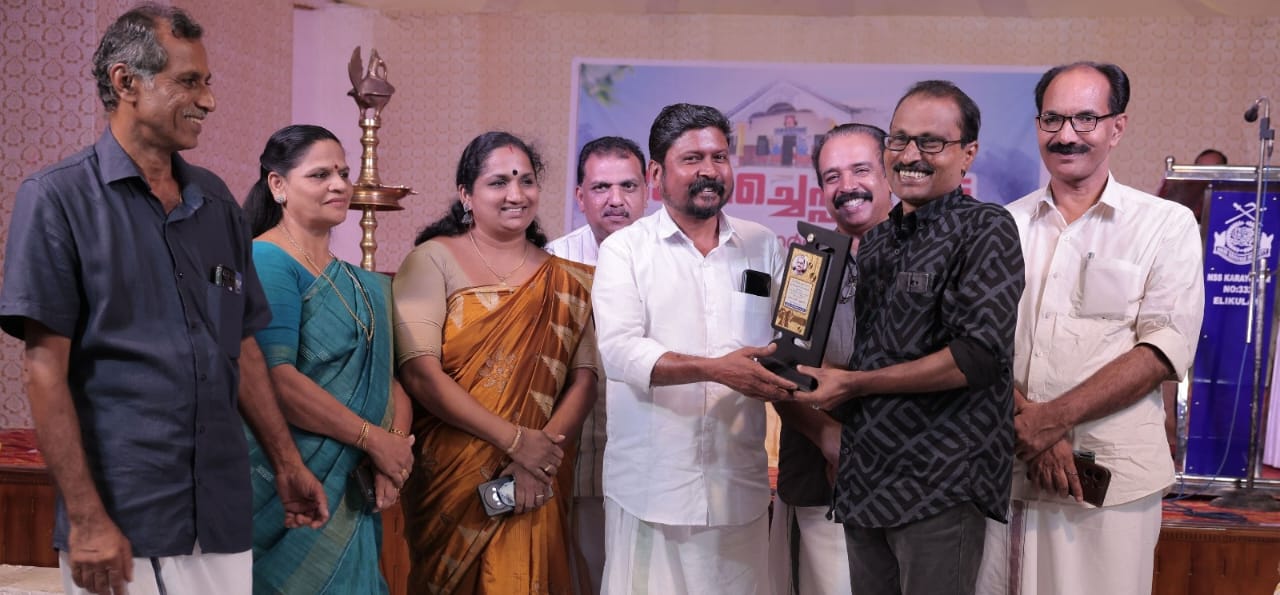Advancements and Discoveries
Transforming Medical Research
One area where women have made significant strides is in medical research. Through tireless dedication and scientific rigor, female researchers have been instrumental in expanding our understanding of diseases and developing innovative treatments.
Let’s delve deeper and understand the contributions of women in advancing the medical industry!
Dr. Elizabeth Blackburn, a prominent figure in medical research, made groundbreaking discoveries about telomeres, the protective caps at the ends of chromosomes. Her research on telomeres and their role in aging and diseases like cancer opened up new avenues for developing targeted therapies and interventions. Dr. Blackburn’s work deepened our understanding of cellular aging and offered potential strategies to combat age-related diseases.
Revolutionizing Patient Care
In addition to medical research, women have been at the forefront of technological innovations that have revolutionized patient care. These innovations, from digital health solutions to medical devices, have transformed healthcare delivery and improved patient outcomes.
Dr. Patricia Bath, an ophthalmologist and inventor, is renowned for inventing the Laserphaco Probe, a device that revolutionized cataract surgery. Her groundbreaking invention allowed for more precise and less invasive procedures, improving outcomes and faster patient recovery. Dr. Bath’s innovation paved the way for advancements in laser surgery techniques and inspired a new wave of medical device development.
Innovations in Telemedicine and Digital Health
Women have also played a pivotal role in redefining healthcare delivery through telemedicine and digital health solutions. These advancements have brought healthcare closer to patients, particularly those in remote or underserved areas, and have transformed how healthcare is accessed and delivered.
Dr. Shafi Ahmed, a colorectal surgeon, gained international recognition for performing the world’s first live-streamed virtual reality surgery. By utilizing virtual reality and live streaming technology, Dr. Ahmed demonstrated the potential of telemedicine in surgical education and training. His innovative approach opened up new possibilities for remote learning, collaboration, and mentorship in the surgical field.
Tailoring Treatment to Individual Patients
Precision medicine, an approach that customizes medical treatment based on an individual’s genetic makeup, has the potential to revolutionize patient care. Women have significantly contributed to this field, advancing our understanding of personalized medicine and its application in various diseases.
Dr. Mary-Claire King, a geneticist, made a groundbreaking discovery when she identified the BRCA1 gene associated with an increased risk of hereditary breast and ovarian cancer. Her research paved the way for genetic testing and personalized treatment options for individuals with a high risk of these cancers. Dr. King’s work transformed cancer care and laid the foundation for precision medicine approaches in other diseases.
Women Leading the Way
Women have made advancements in specific medical fields and taken a leadership role in addressing global health challenges. Women have spearheaded initiatives and research to improve health outcomes worldwide, from infectious diseases to maternal and child health.
Dr. Catherine Hamlin, an obstetrician and gynaecologist, dedicated her life to treating and preventing obstetric fistulas, a devastating childbirth injury affecting millions of women in developing countries. Through her work in Ethiopia, Dr. Hamlin established specialized fistula treatment centers, providing life-changing surgeries and comprehensive care to affected women. Her compassionate approach and tireless efforts have restored countless women’s dignity and health and raised awareness about maternal health issues globally.
Promoting Diversity and Inclusion
Women at the forefront of healthcare innovation are making advancements in research, technology, and global health and championing diversity and inclusion within the field. Recognizing the importance of diverse perspectives and experiences, these women advocate for equity and breaking down barriers to ensure equal opportunities.
Prominent figures like Dr. Joycelyn Elders, the first African American Surgeon General of the United States, have been vocal advocates for healthcare equity and access. Dr. Elders focused on adolescent health, HIV prevention, and reproductive health, particularly on reaching underserved communities. Her commitment to promoting inclusivity and addressing healthcare disparities has inspired countless women to fight for equitable healthcare systems.
Through their leadership and advocacy, women in healthcare innovation drive systemic change, pushing for greater representation of women, minorities, and underrepresented groups in research, clinical trials, leadership positions, and decision-making processes. Their efforts are enhancing healthcare outcomes for diverse populations and creating a more inclusive and equitable healthcare landscape for future generations.
In conclusion, women have made remarkable contributions to healthcare innovation, driving advancements and discoveries that have transformed patient care and improved health outcomes. Their pioneering research, technological innovations, and dedication to addressing global health challenges have impacted the field indelibly. As we move forward, it is crucial to recognize and support the pivotal role women play in healthcare innovation, ensuring their continued leadership and contributions to shaping the future of healthcare.
-Pooja Shah









